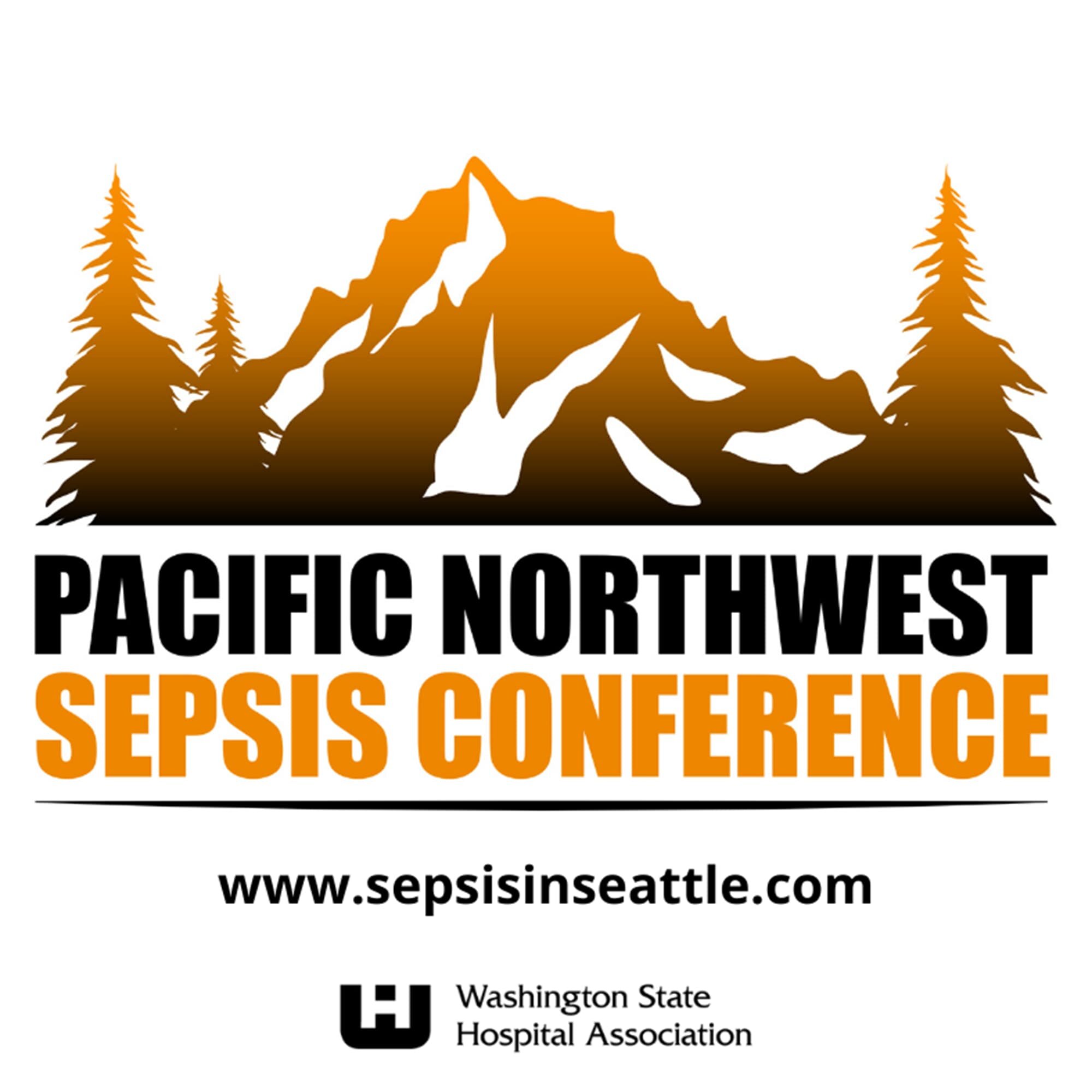Can you imagine waking up in ICU, being informed you have been there for a month... and having no idea how you got there?
In the spring of 2013, I had not been feeling quite myself for months. I had been under some heavy stress in both my personal and professional life. I had an infected blemish on my face and reoccurring bronchitis. On May 16th, I was playing outside with my dogs when one accidentally nipped my left hand. This was not an act of aggression. I properly cleaned and disinfect the tiny break in the skin. There was no pain or redness. I’d had a previously scheduled follow-up appointment for the coming Monday, so I thought nothing further of it. As it turned out, there was an emergency at my doctor’s office and my appointment was canceled.
On Tuesday, May 21, I went for my morning run but didn’t get around the block before I returned home winded and lightheaded. I felt fine after my shower. Shortly after I arrived at work, I was suddenly nauseous and lightheaded. I went home and I slept on the couch all day. My son woke me when he came home from school to tell me I was breathing funny. I assured him I was fine and went back to sleep. I woke up 5 hours later, at about 8 pm, feeling agitated, confused, and sweating but very cold. I went to urgent care as something wasn’t right. I arrived five minutes after the doors were locked, I burst into tears, which was out of character. I wanted to go to the emergency room, but I felt so weak the thought of sitting in an overcrowded waiting room for hours was unbearable. A friend offered to drive me to the emergency room first thing in the morning. I went home and to bed immediately. I did not remember anything that happened next, for months.
I woke up about 11:30 PM nauseous with terrible pain in my stomach. I began to vomit and was up most of the night with severe flu-like symptoms. I was awake most of the night feeling as if I fell asleep, I might not wake up. On Wednesday, May 22, 2013, at 7 am, I walked into the local community hospital. I handed my health card to the attending nurse and immediately collapsed. And in the blink of an eye, my life was changed forever.
My family was given little hope I would survive. I was woken on June 13 to learn I had been intubated for just under a month. I had been transferred from another hospital and that I’d been battling a very rare but deadly capnocytophaga canimorsus bacteria from the dog nip. I was informed the bacteria shut down my kidneys, requiring continuous dialysis, and had damaged my nose, pallet, and upper lip. I was told all four of my limbs had to be amputated if I wanted to live.
Having always had dogs and have had more serious bites in the past, something didn’t sit right with me. And honestly, at this point, I wasn’t sure “surviving” was the best option for me or my family. My life, plans, hopes, and dreams crumbled. I suffered some dark days.
A few days prior to the first surgery, my right arm seemed to improve, vascular circulation was detected, and with that came the news I could keep it! That news gave me the spark of hope I so desperately needed to keep going. A few days post-amputation of my legs, I spiked a fever and suffered a respiratory arrest, and was returned to a respirator. I had urgent surgery where amputation and debridement were completed, and a lung biopsy was done. Post-surgery my kidneys began to function on their own at 50 percent each.
Sepsis and septic shock were finally explained to me. My bronchitis had turned to walking pneumonia or dry pneumonia. It was this condition that compromised my immune system resulting in the reaction to the bacteria capnocytophaga canimorsus, which rarely affects humans and quickly escalated to Septic Shock. Sepsis had triggered an inflammatory response and cytokine storm (blood clots) which caused damage to my vascular system, limbs, and organ function.















